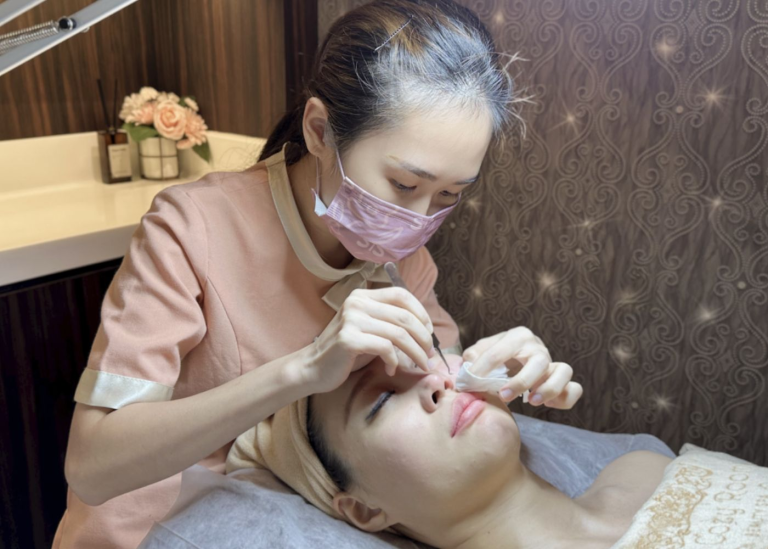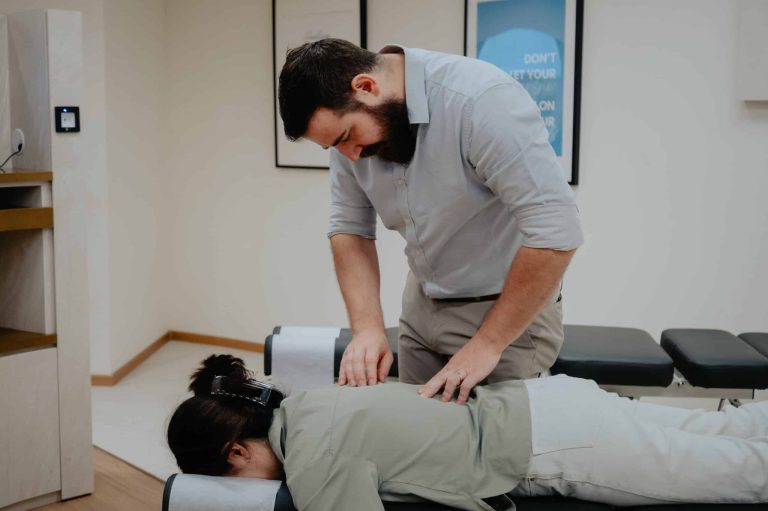Varicose veins occur when your veins swell and become itchy, leaving you with painful legs and limiting your mobility. Severe varicose veins can lead to leg ulcer development. Several factors like lack of exercise, obesity, pregnancy, smoking, family history of varicose veins, and spending a lot of time sitting or standing can increase your chances of suffering from varicose veins. If you have an issue with your veins, the New Brunswick vascular specialist of Cardiac & Vascular Interventions of New Jersey uses advanced techniques that can help you to resolve your condition with minimal fuss. However, you can first try the following simple home remedies to manage your condition.
Change Your Diet
Reducing consumption of sodium-rich or salty food can help you in minimizing your retained water in your body. Also, intake of food that is potassium-rich can help you decrease water retention. Such food includes potatoes, leafy vegetables, lentils and white beans, almonds and pistachio nuts, and fish like tuna and salmon. If you are overweight, you are more prone to experience varicose veins; thus, shedding off excess weight can decrease pressure in your veins, alleviating swelling and discomfort completely.
Exercise Regularly

This improves your blood circulation in your legs, giving you the ability to push blood along that it can be collected in your veins. Also, exercising regularly helps lower your blood pressure, which is one factor contributing to varicose vein condition. Exercises that are effective include cycling, yoga, walking, and swimming that assist you in getting calf muscles that help you work without straining.
Keep Your Legs Elevated
Your blood circulation will improve when you elevate your legs to the position of your heart or above it. This lowers the pressure in your leg veins, and gravity will help your blood flow smoothly back to your heart. If you are a victim of varicose veins, always keep your legs elevated if you’re going to sit down for a long time while either working or resting.
Keep Moving
Sitting down for a long time is unhealthy if you are diagnosed with varicose veins. But, if you have to, aim to get up and move around for a few minutes or change your position frequently to ensure smooth circulation of your blood. Also, sitting down while your legs are crossed together is unhealthy, and restricts blood flow, so you should avoid it.
Eat Flavonoids
Taking food that contains flavonoids might help you shrink your condition, for flavonoids keep your blood flowing and improve your blood circulation, making it less likely to be pooled in your veins. Foods containing flavonoids include garlic, cocoa, citrus fruits, vegetables including onions, spinach, peppers, and broccoli help you reduce your blood pressure in your arteries and relax your blood vessels to relieve the condition.
Massage
Massaging your affected area gently will help you keep your blood flowing through your veins. You can massage using moisturizer or oil to achieve optimal effects. However, avoid pressing directly onto your vein as this may damage your fragile tissues.
If you have tried home remedies and you are not yet satisfied, schedule your meeting with Ramzan Zakir, MD, of Cardiac & Vascular Interventions of New Jersey, for treatment. Book your appointment today.

















